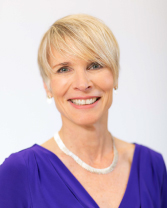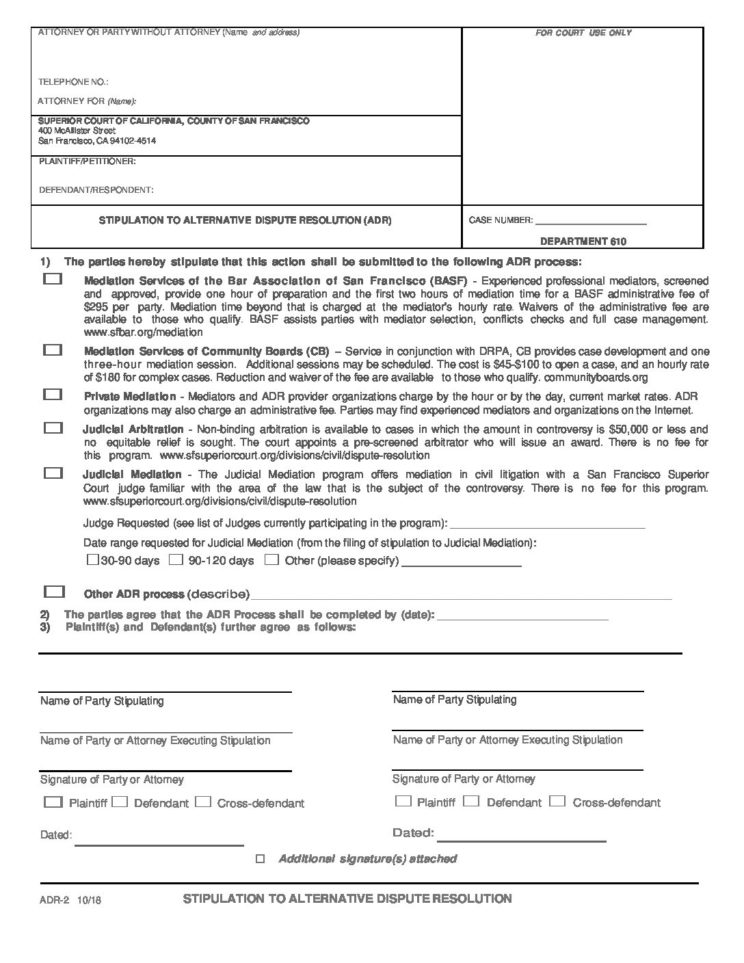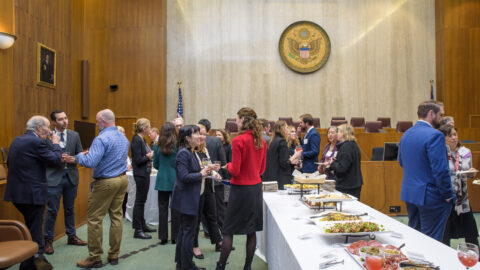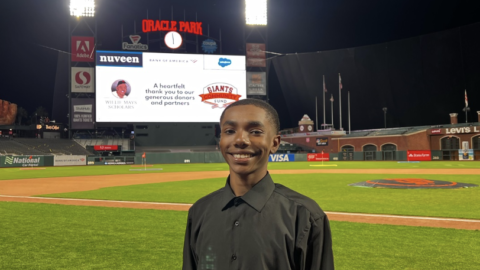Effective legal representation is the single most important factor in whether victims are able to escape the domestic violence cycle. Yet most domestic violence victims never get to see a lawyer.
In recognition of Domestic Violence Awareness Month, we share one attorney’s story who has taken the Justice and Diversity Center (JDC) of the Bar Association of San Francisco’s family law training through the Practising Law Institute (PLI). Here’s the interview from PLI:
 Domestic violence affects millions, and survivors often depend on critical legal assistance for immediate protection and shelter. For National Domestic Violence Awareness Month, we spoke to Deborah A. Daniloff, Assistant General Counsel and Director at Bank of America, to share her experiences on getting involved and protecting these courageous individuals.
Domestic violence affects millions, and survivors often depend on critical legal assistance for immediate protection and shelter. For National Domestic Violence Awareness Month, we spoke to Deborah A. Daniloff, Assistant General Counsel and Director at Bank of America, to share her experiences on getting involved and protecting these courageous individuals.
1. How did you get involved with pro bono and working with domestic violence survivors?
I trained for and became involved with the Family Violence Law Center in Alameda years ago. Part of that training was through PLI, and for two years, I was a regular volunteer advocate for domestic violence survivors seeking restraining orders. I would show up in court on the day of the restraining order hearings and represent, on a limited basis, clients who were in court without representation.
Later on, I took on a full scope restraining order matter that required representation up to the hearing and through a full-day hearing. Clients in this situation were uniformly and understandably frightened, and I helped a number of violence survivors through this difficult time.
More recently, I became a board member of the Justice & Diversity Center (JDC), which provides family law and related domestic violence programs. I again trained, this time in more general family law matters. And again, the training was in part through PLI. This led to a partnership with lawyers at the law firm of McGuire Woods to take on three full-scope cases.
2. What types of cases have you worked on?
Domestic violence restraining orders, divorce, visitation and guardianship.
The first full-scope matter I took on through JDC was a divorce proceeding that flowed from an asylum matter. Our client needed to leave her native country with her children to escape terrible violence committed by her spouse. To help her, JDC’s family law program divided the post-asylum aspects of the case into three parts: the divorce, a domestic violence (DV) order, and a custody dispute. This division allowed for contributions to this worthy cause from a team of lawyers, and it gave me the opportunity to work with experts in family law.
Since family law is not my focus, it was important to have the support of subject matter experts, and it felt good to be a part of this larger pro bono legal community helping this very deserving client. Our client was a strong, admirable and gracious person, who we were all very pleased to help. The relief our client felt at getting the divorce decree was tangible even to us, her lawyers.
A high point of all of this work — including helping a young father seeking visitation rights and a grandmother seeking a guardianship of her three abandoned grandchildren — is the deep feeling of having made a positive impact and of being of great assistance to all of these genuinely nice clients. Their options on these crucial family law matters may be non-existent without the help of volunteers and support organizations.
3. Did PLI training help you with your case? Did you feel prepared, even if you were new to this area of law, to get started?
Yes, PLI provided comprehensive training in all aspects of family law. That training and my litigation background prepared me well. But even without a litigation background, I believe that many pro bono practice areas are accessible to a wide range of attorneys with the background provided by PLI. The fact that JDC offered mentors through its family law program was extremely valuable. Partnering up with the external firm (that had access to resources I did not as an in-house lawyer) was also crucial.
4. Any advice or best practices for attorneys looking to get started with pro bono?
Do the training and seek out mentors or guides, who will often be available if you take a pro bono matter through an association like JDC. Note that other lawyers are often willing to help if you ask — many recognize the value and need for pro bono services. Explore partnering up with a colleague or a firm to share the workload and expertise. And finally, if you are just starting out, consider beginning with a one-day clinic or limited-scope representation.
5. What was the most rewarding aspect of your volunteer experience?
Helping someone overcome a difficult critical life issue.




